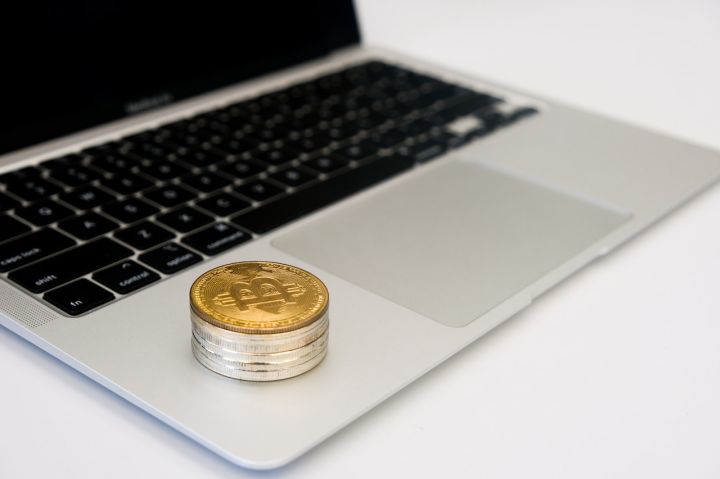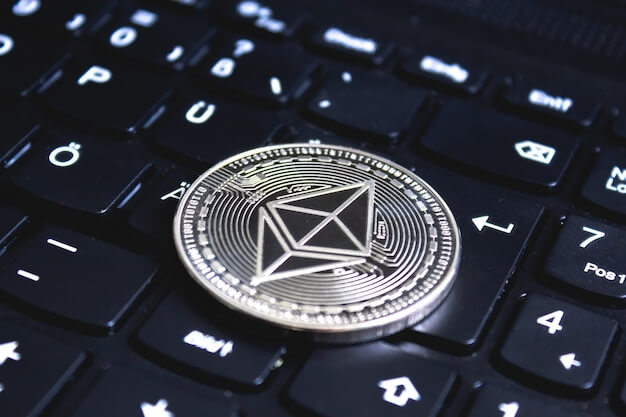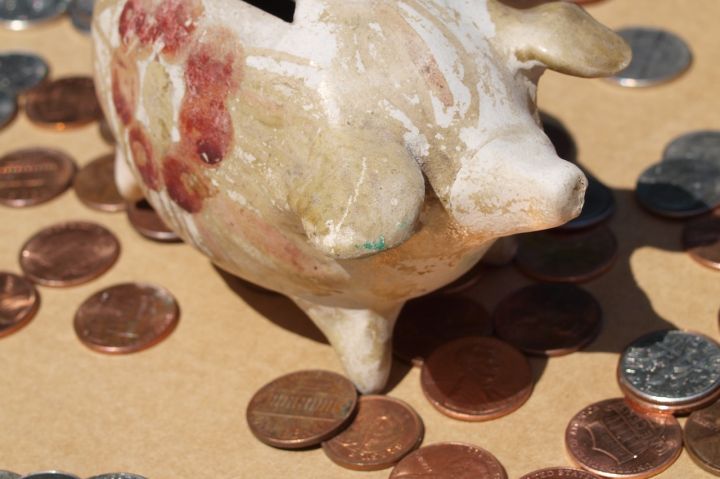Salesforce Blockchain Blockchain is a distributed ledger platform designed for Customer Relationship Management (CRM). salesforce Blockchain Blockchain was developed as a low-code platform for building a network of trusted partners that share distributed and validated data. salesforce Blockchain Blockchain's goal is to allow organizations to more feasibly manage blockchain networks, workflows, applications and contracts through the goal of Salesforce Blockchain is to allow organizations to more feasibly manage blockchain networks, workflows, applications and contracts through clicks rather than complex code.
What is Blockchain?
A blockchain is a distributed ledger that maintains a permanent and tamper-proof record of transaction data. Blockchain functions similarly to a decentralized database managed in a peer-to-peer (P2P) network. Each endpoint in the network maintains a copy of the ledger.
The data in a blockchain is distributed, verifiable and secure. Distributed, meaning that the data is kept in the same copies through the computer network, rather than one central copy. Verified, meaning that every change made to the data in the blockchain is authenticated and updated over the network before it is saved. Secure, indicating that each authenticated change is saved as a new block to the ledger and then hashed to the previous block.
Instead of being used as a digital currency, blockchain applications can be used as a way to create and manage a distributed database that can maintain a record of any digital transaction. salesforce Blockchain provides a low-code blockchain platform for CRM, eliminating the challenges involved in deploying blockchain applications using code.
How Salesforce Blockchain works
Salesforce Blockchain brings together authenticated, distributed data and CRM processes, enabling companies to.
1, Build networks with a click - Build and maintain blockchain networks, applications and smart contracts using Salesforce's low-code capabilities. Customers can create and share blockchain objects in the same process as any CRM data object that has clicks rather than code.
2, Automate data using Lightning Platform - Blockchain data on top of existing sales, service or marketing workflows such as search queries and process automation. Organizations can also run Einstein-powered artificial intelligence algorithms to integrate blockchain data into sales forecasts and predictions.
3, Engage partners - The engagement layer enables organizations to introduce APIs, pre-built applications and integrate with any existing blockchain to create a trusted network where partners, distributors and intermediaries can join with simple authentication.
Salesforce Blockchain is built on top of Hyperledger Sawtooth's open source technology and customized for Salesforce Lightning. Using this core technology stack, Salesforce Blockchain data is stored and signed in an encrypted manner, stored in identical copies across multiple parties, and updated only when the network verifies changes.
Use cases
Some sample customers for Salesforce Blockchain include.
1, Arizona State University - This public research institution is using Salesforce Blockchain to design and create an educational network that will enable the university to authenticate and securely share information. The network will expand the ability of universities and colleges to serve learners. For example, universities can save student transcripts and grades to the Unified Ledger's learner trust record. Arizona State University aims to provide students themselves with ownership and control of their student records while significantly reducing friction between schools, enabling them to provide faster, smarter services to students.
2, IQVIA - The global provider of advanced analytics, technology solutions and contract research services is working with Salesforce to explore various possible blockchain technology initiatives within the life sciences industry. One of these initiatives is specifically aimed at regulatory information management and pharmaceutical labelling processing. Potential benefits of the initiative include cost savings and improved audit traceability through labeling automation, quality improvements based on agreed collaboration rules, enhanced security from immutable content sharing and real-time insights.
3, Standard & Poor's Global Ratings - The global provider of analytics and data for capital and commodity markets is using Salesforce Blockchain to reduce the time it takes to review and approve new commercial bank accounts. By operating on a shared ledger of customer data, S&P Global Ratings is able to aggregate multiple reviews in one trusted location, providing a more transparent and auditable review process for employees, partners and customers.






